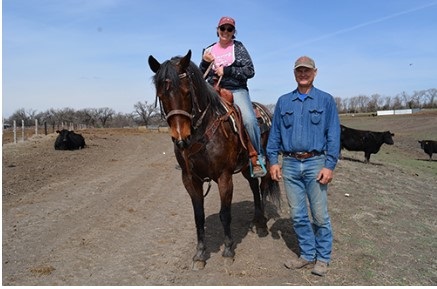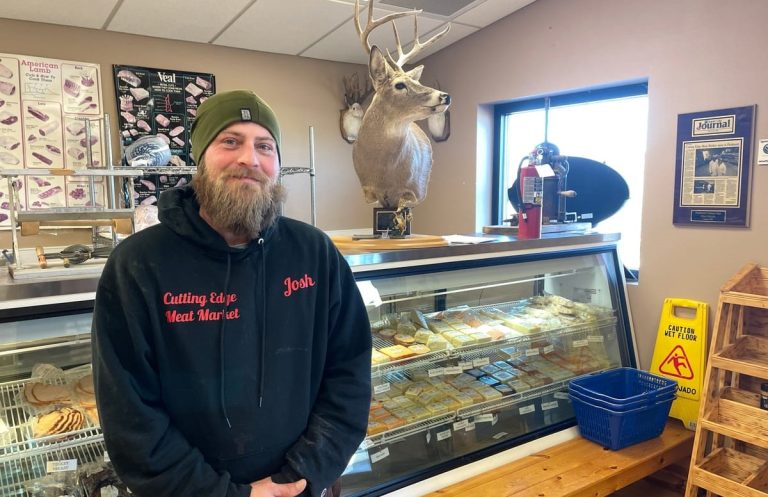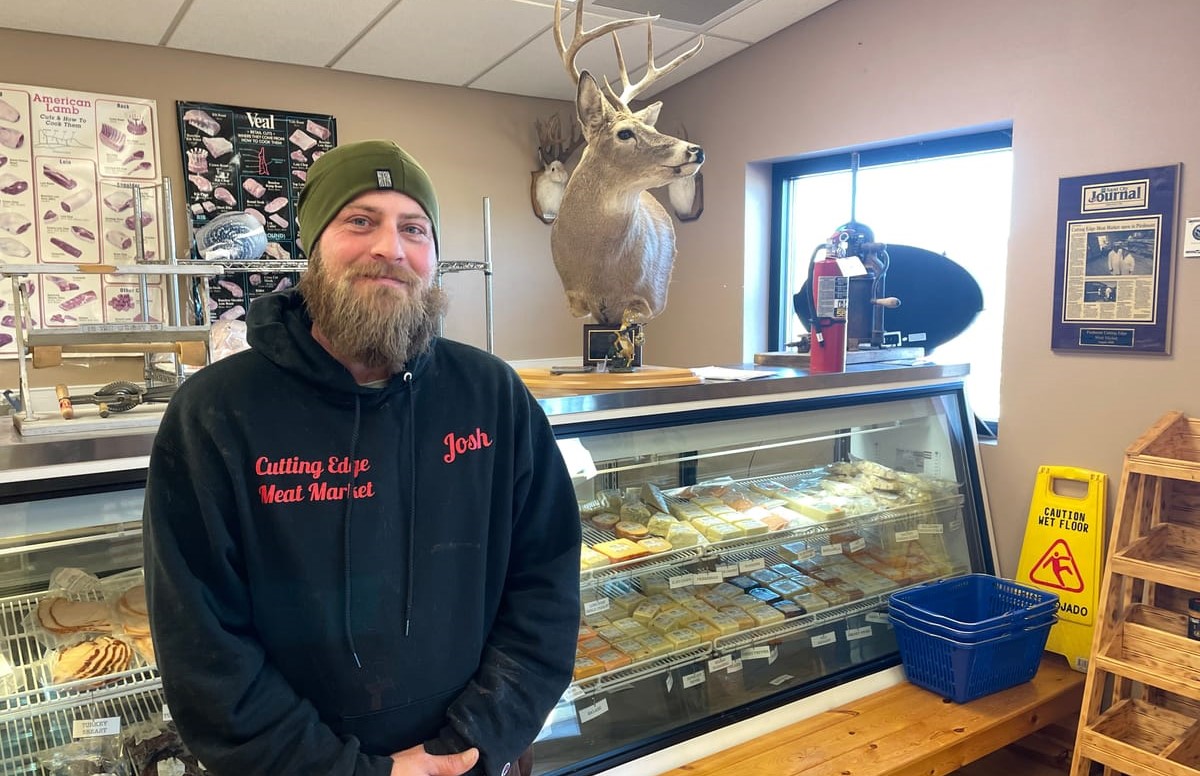DENVER, CO – American Sheep Industry Association (ASI) President Benny Cox called on the U.S. Department of Agriculture late last week, to provide relief to America’s sheep and wool producers because of the impacts of COVID-19.
The letter to Secretary of Agriculture Sonny Perdue offered a blunt view of the American sheep and wool industry, including:
*Current estimates show a projected direct farm level loss of $125 million due to significant declines in feeder and slaughter lamb prices as a result of the loss in consumer demand for American lamb.
*Total economic impact to the American lamb industry might be in excess of $300 million.
*American wool exports to China – the No. 1 export market for wool and sheepskins – are down 88 percent in value and 89 percent in volume between October to January 2017-18 and 2019-20.
*American sheepskin exports to China are down 76 percent in value and 50 percent in volume during the same period.
*Globally, the wool price is 26 percent lower than it was a year ago.
*The lamb market is in a perilous situation with the loss of half of the entire market for American lamb due to closure of foodservice.
*The March bankruptcy filing of the second largest lamb company further risks market impacts, price discovery and market transparency.
Cox also mentions that this uncertainty hit at a time when there would otherwise be tremendous optimism in the lamb industry. Traditionally, the Easter/Passover season is the single largest sales period of the entire year for American lamb.
The letter concludes by asking USDA to work with the sheep industry to develop a mechanism to offset the losses realized by producers and help bridge the gap.
One of the biggest, direct impacts mentioned is the Chapter 11 bankruptcy filing by Mountain States Rosen Company, the second largest lamb packing plant in the U.S
In a time of uncertainty across all of animal agriculture, everyone is asking for assistance to their industry. Producers are encouraged to be in contact with their congressional delegation and work through groups, like ASI, to tell the story of the impacts they are seeing because of COVID-19 as work is done to find meaningful relief for these losses












